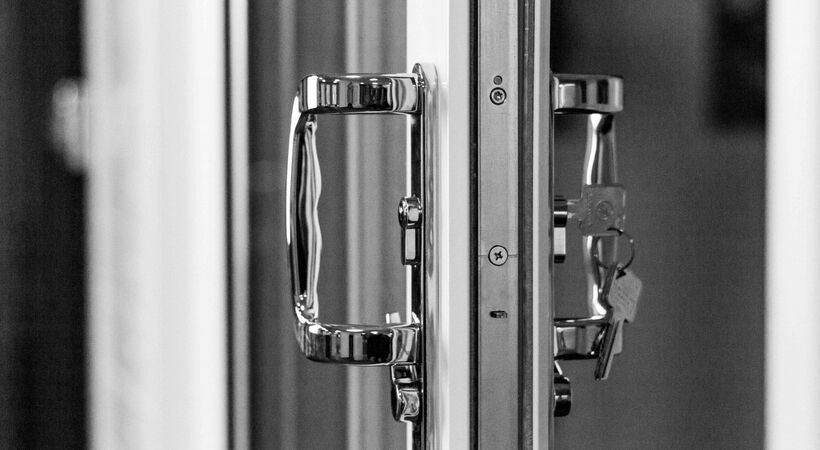A modular build can be completed up to 50 per cent quicker than traditional construction methods. However, this time saving can be compromised if installers need to add time on to incorporate smart technology at a later date. Here, Nick Cowley, managing director of PVCu windows and doors manufacturer Euramax Solutions, discusses how and why modular construction must advance to incorporate smart technology at the factory stage.
From taps and thermostats, to lights and plugs, smart technology is transforming our homes, making our lives easier and more efficient. in fact, according to a recent industry survey, it’s thought that ten billion pounds will be spent on smart home devices by the end of 2019 – demonstrating the popularity for smart technology.
With that in mind, smart technology is now beginning to be incorporated into the fenestration and construction industries too. windows and doors play a huge part in our day to day lives, and as smart technology becomes more recognised and increasingly accessible, there’s great potential for technology to be integrated.
Modular construction
Just as technology makes our lives easier, modular construction feeds the same purpose. Modular construction is the method of pre-fabricating parts of a building, such as windows, doors and walls, away from the building site before the components are transported to the designated location for final construction.
Modular builds offer many benefits to the construction industry, including lower costs to manufacture, higher design standards and increased energy efficiency. Furthermore, modular building is being used to help combat the UK housing shortage, as builds can be constructed in a shorter amount of time, meaning labour and construction costs are all reduced.
Smart-er options
Windows and doors are highly important to a building, and the benefits of selecting the right ones are commonly overlooked. The purpose of windows and doors is not just for accessibility and aesthetics, but also for the protection they can provide from the outside world.
For instance, the windows and doors on a modular build could be installed with automated locks and controlled remotely from the site manager or owner’s smartphone. Not only does this enhance security, it also provides peace of mind that as the build is secure without having to return to the site.
Furthermore, if a window has been opened, smart sensors can provide extra security as the sensor signals an alarm, which can send alerts directly to an allocated person’s smartphone. Some sensors can even detect a change in temperature that could be as a result of a fire, which can potentially help prevent major damage or disaster.
Other applications for modular build smart technology include fingerprint recognition systems that could be installed into a door to allow only authorised personnel into the site. This increases security for the build and safety for both site staff and members of the public.
Smart technology can be retrofitted to windows and doors post installation if it is requested by site managers or modular construction owners. However, this can waste significant time and money. One way this could be avoided is by installing smart technology into the windows and doors directly during the manufacturing stage.
Implementing smart tech
Compared to traditional methods of construction, modular building is easier and has a quick turnaround from purchase to construction. However, the efficiency of the process can be challenged if smart technology needs to be fitted once the windows and doors have been manufactured or even after the project has finished.
Installing smart technology at the manufacturing stage will not only save budget, but also prevent additional costs on labour to retrofit the technology into the site.
For both the buyer and installer of a modular build, the process can be made easier if the products are already fitted with smart technology. Working with a supplier like Euramax, that can install smart technology into windows and doors before the fabrication stage, will help streamline the process for everyone involved.
With the use of SMART technology rising, modular construction must advance to support its growing demand. While modular construction offers a wealth of benefits to industry manufacturers and buyers, these benefits could easily be contradicted if extra time and money is spent to retrofit the tech at a later date.
It’s clear to see that smart technology will continue to significantly impact and improve our daily lives, but it is now that modular build specifiers must begin to consider smart technology as an integral element of a building plan. Who knows, there could come a time where we may never shut a window or close a door by hand again.





